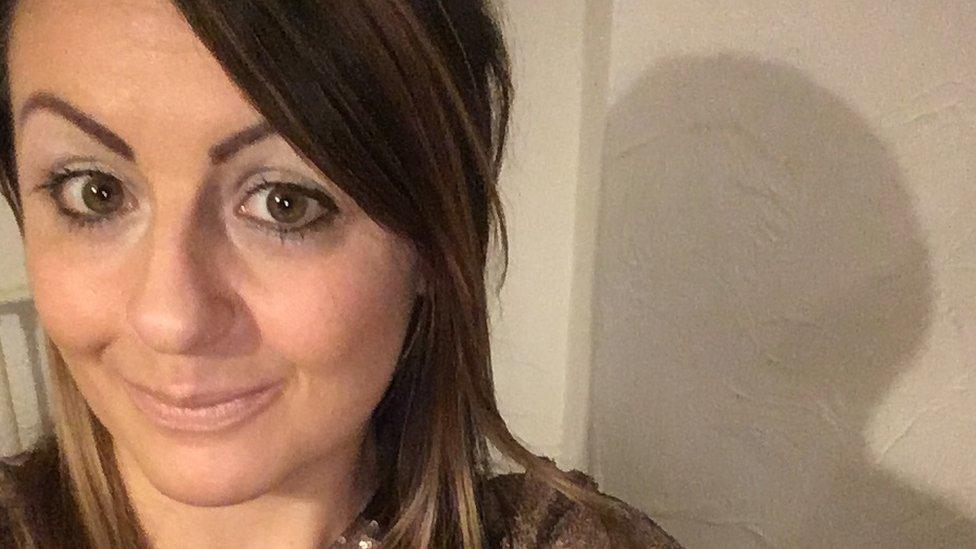Coronavirus: Missed smear tests put 'pressure' on NHS
- Published
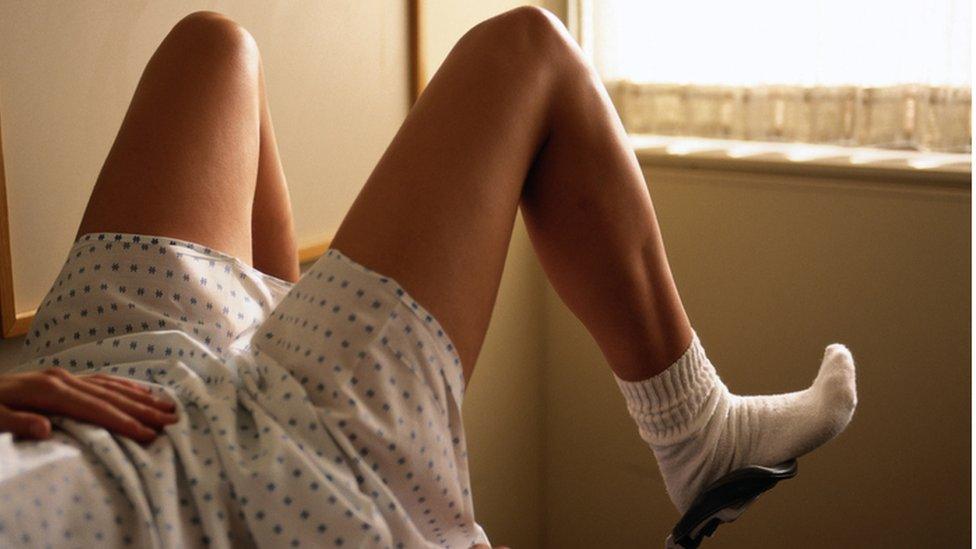
Health services will come under "huge pressure" to work through backlogs of missed smear tests during the Covid-19 lockdown, a charity has warned.
Around 600,000 tests would have been carried out in the UK in April and May had services been operating normally, Jo's Cervical Cancer Trust says - but many were cancelled or delayed.
That is in addition to a backlog of 1.5 million appointments missed annually.
Fears of catching Covid-19 have also put some women off booking tests.
Screenings in Scotland, Wales and Northern Ireland have been paused during lockdown, while in England some services had to reschedule appointments.
'It's like you're pestering'
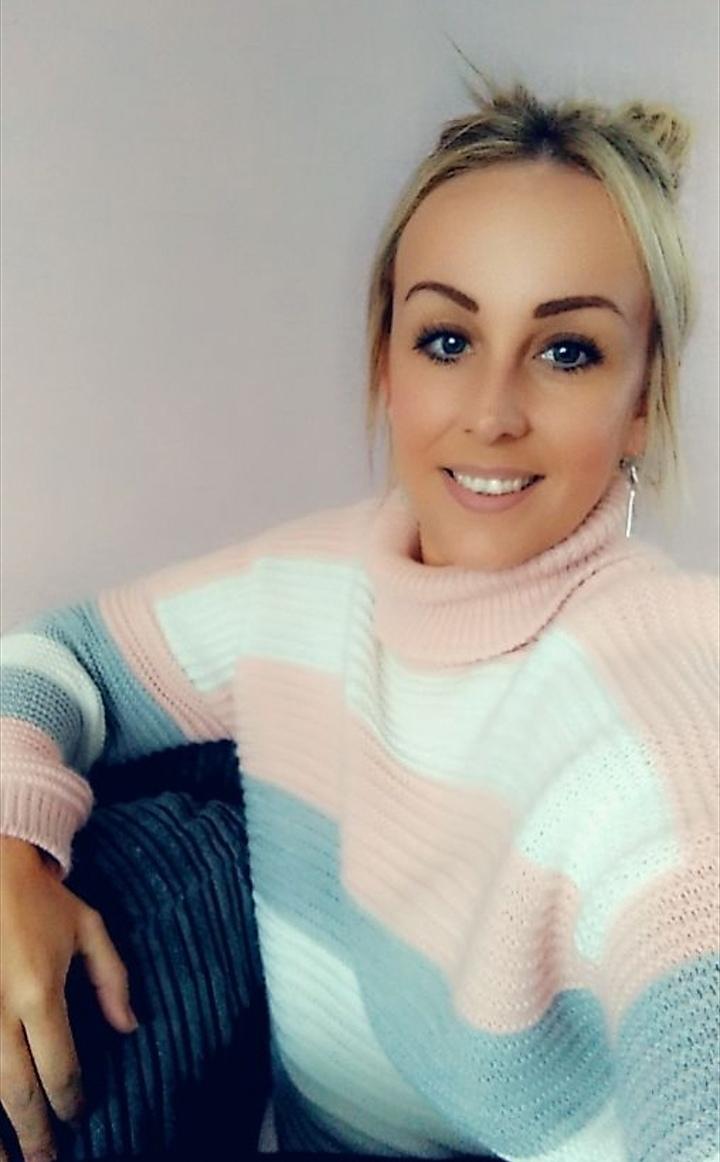

Jaysha Stead, 32, from Leeds, was due to have a screening last month - her first since being diagnosed with high-grade cell changes in 2016. She was given the all-clear after treatment and was hoping for peace of mind, but has so far been unable to book.
She is worried about the extended wait, since her cell changes had not been present in her smear test in 2013.
"If that could happen in the three years and this is going on even longer now, what am I faced with when I do get a chance to go?" she said.
She adds that she is wary of calling the GP too often.
"You start thinking, I don't want to ring again. It's almost like you're pestering them, that's how I feel."
'Growing anxiety'
Jo's estimates that around 571,000 tests would normally have been carried out in England in April and May, 68,000 in Scotland and 28,500 in Wales. It does not have figures for Northern Ireland.
There was already a low attendance rate before the pandemic - partly because of misconceptions.
The charity says it has seen a "growing level of anxiety and confusion" among women calling its helpline., external A survey of 851 women in the first week of June suggests 25% worry they will catch coronavirus, while 13% think it is best to put off going.
Nearly 40%, however, are concerned by cancellations.

Nisha Emich, 25, is supposed to have yearly screenings after being told she had HPV - a virus which around 80% of people contract, and which can lead to cancer in extremely rare cases - following a screening last year.
Her appointment at the end of March was cancelled via a text message.
"Because none of us really knew how bad things were going to get... that felt a bit concerning," she said.
She was eventually able to rescheduled slot for last week - but that, too, was cancelled because the nurse was ill.
"The only way I can know for sure nothing has happened over the last year is by getting a test. So having that cancelled again, even though it was an unforeseen circumstance, felt really upsetting."

How do smear tests work now?
Women are still being invited for smear tests in England. Jo's says it is safe to attend screenings, with GP surgeries installing safety measures such as:
nurses and doctors wearing personal protective equipment
patients being asked to follow social distancing measures, e.g. waiting outside until the appointment or using a particular entrance
Those who are self-isolating should not book until their isolation period is complete, the charity says.
Anyone who is shielding should follow the government guidance specific to where they live., external

Rob Music, chief executive of Jo's, said there will be a "huge pressure" on primary care to work through the backlog of missed tests.
"We will not be able to flip a switch to reverse this," he said. "This will take months."
He said called for the resumption of tests and a shift towards self-sampling, which would allow those who are in high-risk groups or shielding to have the test at home.
Dr Nikki Kanani, director of primary care for the NHS in England, said plans are in place to resume tests in areas that saw disruption "as soon as possible".

FACE MASKS: When should you wear one?
LOOK-UP TOOL: How many cases in your area?
GLOBAL SPREAD: Tracking the pandemic
SOCIAL DISTANCING: The rules as they are now
TWO METRES: Could less than 2m work?

- Published5 May 2020
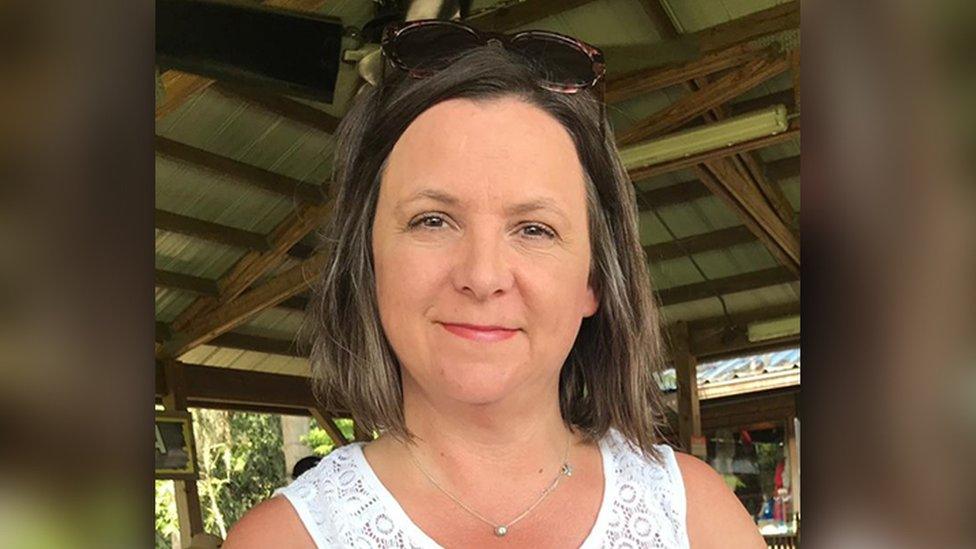
- Published23 January 2020
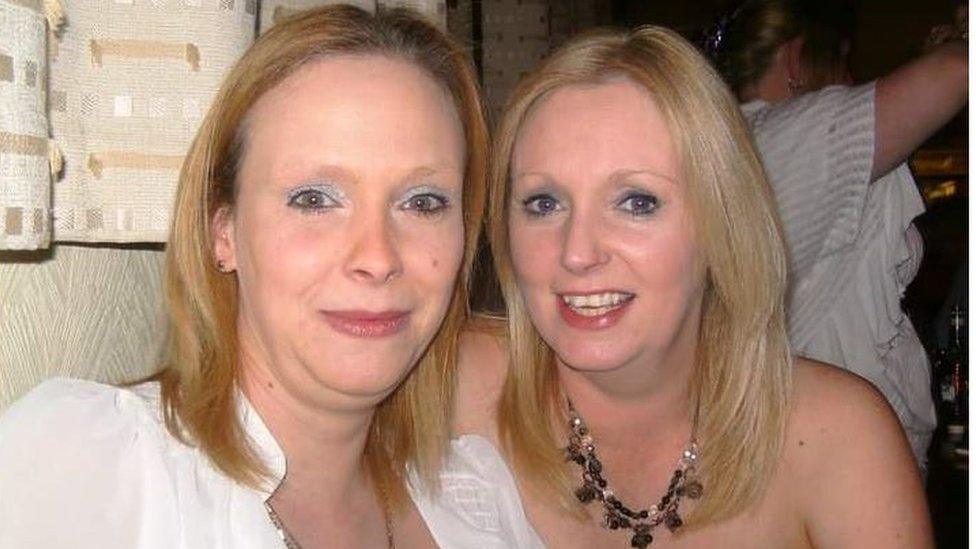
- Published20 January 2020
